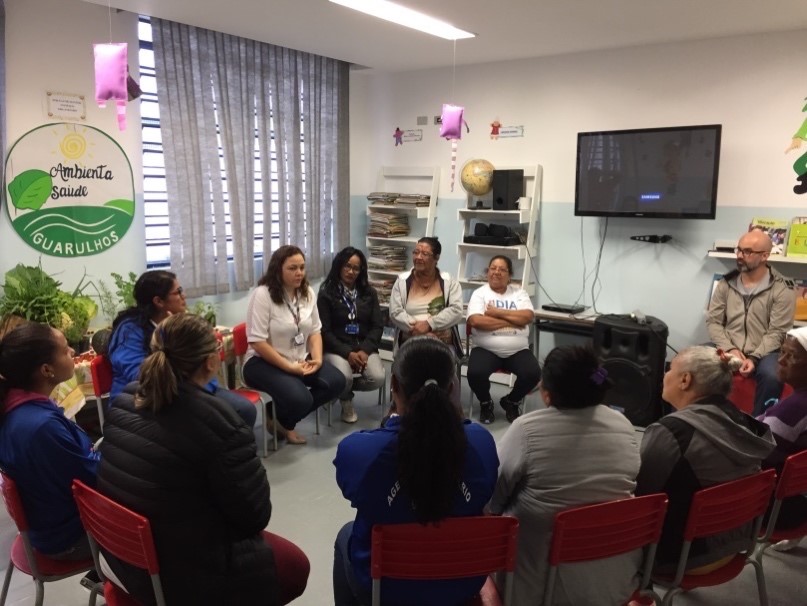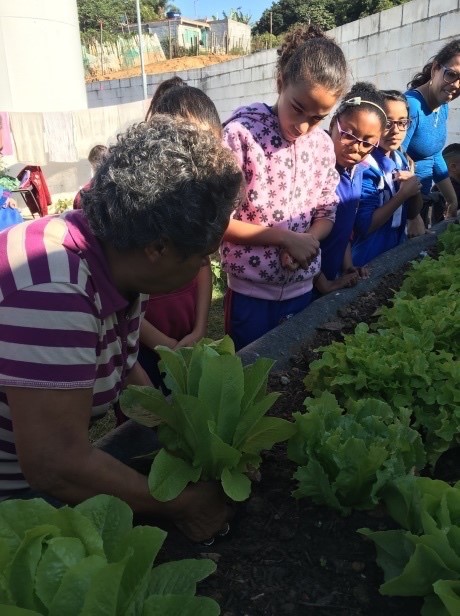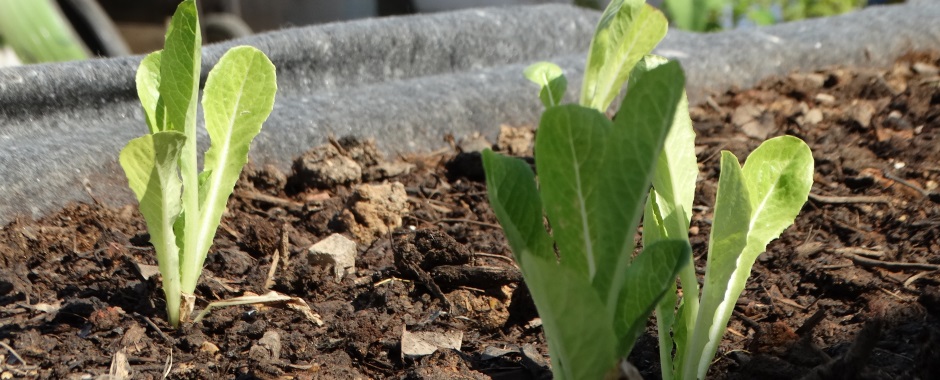By Simone Omori, Leandro Giatti and Saurabh Arora
The water-energy-food and environment nexus (w-e-f-e nexus) is a matter of understanding and acting on interdependent areas of activity. By directing attention to connections that are often overlooked in disciplinary research and siloed policymaking, the w-e-f-e nexus can be used to address the socio-ecological scarcities and vulnerabilities created by different forms of unsustainability.
These include overconsumption by the wealthiest twenty percent of the world’s population, continued reliance on fossil-fuel based modernization, climate change, and resource grabs by powerful elites. Such unsustainable human development (PDF) has often been done in the name of socioeconomic ‘progress’ for poverty reduction, and sometimes even in the name of biodiversity conservation and carbon offsetting.
It is in this context that the urban poor are continually searching for sustainable livelihoods and quality of life. In urban areas of the Global South, the search for clean water, energy and food is often an uphill task for many poor people. The situation is made more challenging by the tradeoffs that arise between provisioning clean water, food and energy, particularly in urban peripheries where infrastructures are often left unbuilt or unmaintained by state and capital.
It is in one such place that we attempted transdisciplinary engagement with members of the community to address some local challenges, using the w-e-f-e nexus as an orienting and sensitizing device. The place is in Guarulhos, a city of 1.2 million inhabitants within the Metropolitan Region of São Paulo, Brazil. The neighbourhood is Novo Recreio, in north Guarulhos, where the settlements are largely unplanned, water and sanitation are lacking or insufficient; land ownership is precarious; and habitation is often risky. Largely missing are opportunities to receive good quality education, enjoy public transport connections, facilities for leisure, and employment leading to a reasonable family income.
Novo Recreio is far from downtown Guarulhos, and some of the local amenities are only there as a result of social struggles – such as the local Primary Health Care Unit maintained by the municipality. Other active institutions in the community are the local primary school, also managed by the city government, and an NGO named ‘Clube de Mães do Novo Recreio’ that provides social assistance, runs a nursery and offers entrepreneurial training.
Transdisciplinary engagement
In using w-e-f-e nexus as a concept enabling transdisciplinary engagement, we borrowed insights from participatory action research (PAR), a process involving community members and researchers dedicated to the collaborative development of knowledge and action to address a local problem. The process was cyclical with continuous participation, using different people’s narratives to adjust the engagement, in order to strengthen social mobilization, build and maintain trust, while reaching the objective of developing problem-solving knowledge and action. The process also facilitated the making of collective decisions, based on different kinds of prior (agricultural) knowledges of the participants.
Engaging with the community while directing attention to w-e-f-e interdependencies drew attention to initiatives such as urban gardening. Done on a small scale, urban gardening can help provide fresh and healthy food using locally available resources (water, organic fertilizers, and energy). It carries with it the potential to address socio-ecological vulnerabilities in urban peripheries.
Urban gardening can also be aligned with some of the Sustainable Development Goals such as ensuring sustainable food production systems that can help maintain ecosystems (2.4) and providing access to safe, inclusive and accessible green and public spaces (11.7), while supporting positive economic, social and environmental links.
Using the w-e-f-e nexus as a conceptual tool for transdisciplinary engagement, through urban gardening in a peripheral area such as Novo Recreio, can offer a way to widen democracy towards sustainability. It does so by making it possible to engage with the community, not only to co-produce knowledge, but also to address what they consider as critical in meeting some of their daily needs. It can make a small contribution to understanding and addressing the scarcities that people have to contend with, across the intertwined realms of water, energy, food and the environment.
A new community garden
A new urban garden was realised in Novo Recreio through this transdisciplinary engagement. The research we conducted did not just produce new knowledge, but also delivered a socio-material ‘output’ in the form of the urban garden that the community can directly put into use, in everyday life. The urban garden is material, because it allows local production of food involving a range of artifacts from wooden crates to old roofing and soil and plants. Inseparable from this materiality is the social aspect of collaboration and mobilization in the community, between employees (and students) of the local public school, primary health care agents, some members of the neigbourhood and researchers from the University of São Paulo (in partnership with University of Sussex), as part of the Resnexus project.
The community garden is housed in a space provided by the local public school in its premises. The process of realising the garden started in October 2017 through a first meeting at the school with 19 people representing the different groups (see picture 1). Following the decision to create a community garden, biweekly meetings were held to facilitate the collaborative work to build the garden. During the meetings, a range of participatory tools such as sketch maps (talking maps), integrated panels, and a community newspaper were developed to help different participants to coordinate, and to address the constraints on procuring materials for the garden.

As some local participants do some gardening in their own houses, their knowledges were very useful in the collaboration process, and in making more deliberative decisions on how to build the garden and what to grow. The same knowledges were vital for ongoing learning and teaching, while yielding careful reflections by the participants on their capabilities and on the overall process of engagement.
A year after the first meeting, there were 11 people in the group (in September 2018). They had managed to secure partnerships for sourcing relevant materials and building know-how. The group had managed to raise money to buy some supplies for the garden. They had built four planting beds to grow vegetables, and made several ‘vertical’ gardens using wood pallets to grow some medicinal herbs.
A first harvest
The first harvest from the garden took place in June 2018, involving young students from the primary school, other people from the community and university researchers (see picture 2). This harvesting was an extremely important event. In addition to providing a small taste of self-grown food, it showed everyone that collaborative projects can be successful, even in contexts of deep marginalisation, marked by lack of resources and opportunities. This was summed up by a community participant after the first harvest: “At the beginning I didn´t believe that it would work out here, today I realize it is possible!”

Throughout this process of transdisciplinary engagement, we prioritized our efforts not on data collection and knowledge production, but on collaboration based on social mobilisation, building trust and producing something that the community could directly benefit from. And it was in this process that a diverse range of participants were able to transform challenges and tradeoffs into collaborative synergy, using effectively the w-e-f-e nexus as a transdisciplinary concept.
If performed carefully by prioritizing community needs and knowledges over academic outputs, transdisciplinary work using notions such as the w-e-f-e nexus clearly has the potential to bring people together across different siloes, organisations, identities, institutions, levels and sectors. But could it contribute to wider struggles against the social inequalities and power relations that produce unsustainability and scarcity?
Clearly the effort in Novo Recreio was local, focused on food and water, but might the articulation of multiple such localities, each with its own set of socio-material complexities, produce the transformations required to meet the global sustainable development goals?
